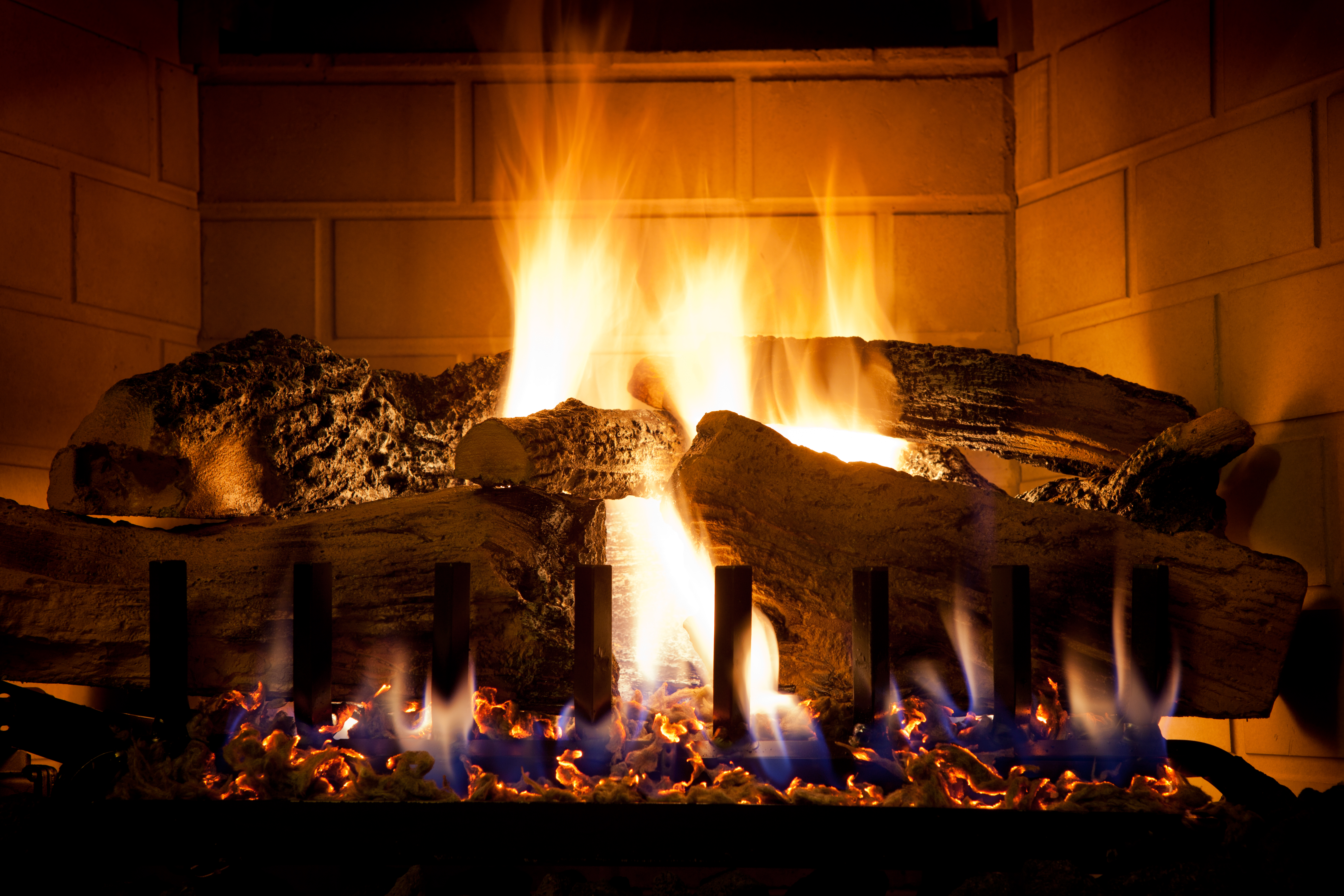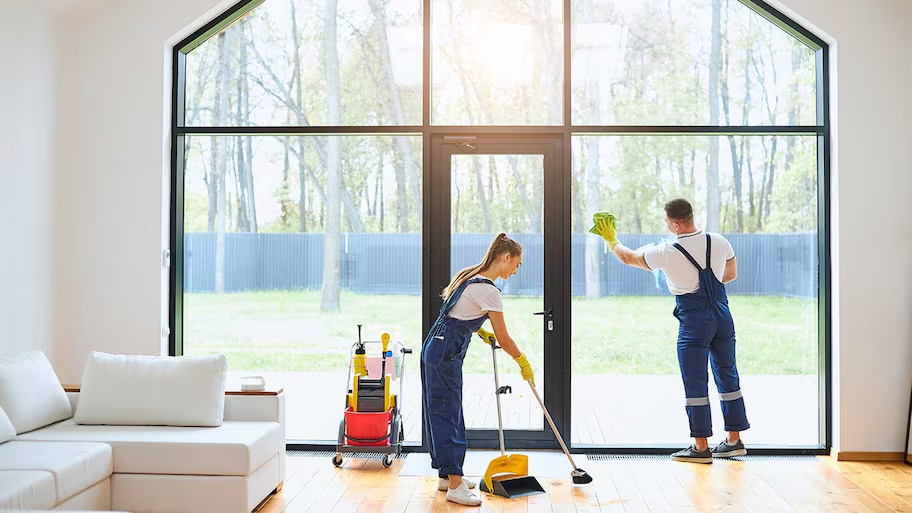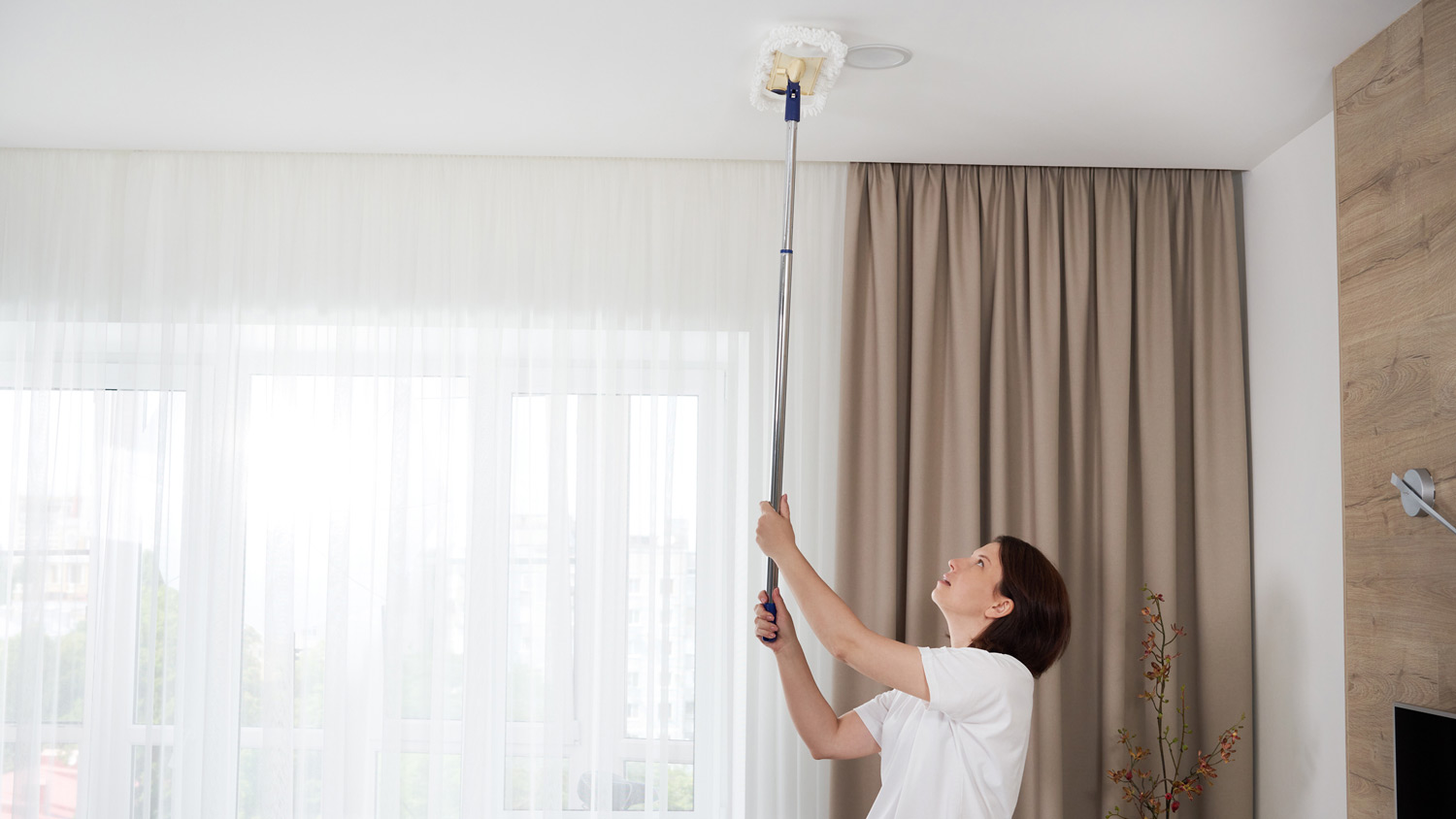
Get matched with top gas log pros in Union City, IN
Enter your ZIP and get matched with up to 5 pros
Need a pro for your gas log service project in Union City, IN?
TRUSTED BY UNION CITY, IN HOMEOWNERS
4.1
Average homeowner rating14
Verified gas log services reviews
Verified Reviews for Gas Log Service pros in Union City, IN
*The Angi rating for Gas Log Service companies in Union City, IN is a rating based on verified reviews from our community of homeowners who have used these pros to meet their Gas Log Service needs.
*The HomeAdvisor rating for Gas Log Service companies in Union City, IN is a rating based on verified reviews from our community of homeowners who have used these pros to meet their Gas Log Service needs.
Last update on December 10, 2025
Find Gas log pros in Union City
McCoy's L P Gas Company
McCoy's L P Gas Company
We are a family owned & operated business. Our Service Technicians are experienced and proficient. We service Residential, Commercial & Industrial accounts.
We are a family owned & operated business. Our Service Technicians are experienced and proficient. We service Residential, Commercial & Industrial accounts.

The Fireplace Specialist
The Fireplace Specialist
With over twenty-six years of experience building and remodeling quality homes, we can build or service any residential or commercial structure. Consulting and Sub-contracting fees range based on contract variables.
With over twenty-six years of experience building and remodeling quality homes, we can build or service any residential or commercial structure. Consulting and Sub-contracting fees range based on contract variables.

Triple J Plumbing LLC
Triple J Plumbing LLC
Triple J Plumbing is a mechanical contracting company, dedicated to providing our customers with the highest quality workmanship at the lowest possible cost. Triple J Plumbing is a newly formed, family owned business located in Springport, Indiana. Although we are a young company, our employees have experience in all facets of the plumbing and pipe fitting industry. Additional email - [email protected]. Family owned.
"Good job little expensive"
Daniel D on August 2022
Triple J Plumbing is a mechanical contracting company, dedicated to providing our customers with the highest quality workmanship at the lowest possible cost. Triple J Plumbing is a newly formed, family owned business located in Springport, Indiana. Although we are a young company, our employees have experience in all facets of the plumbing and pipe fitting industry. Additional email - [email protected]. Family owned.
"Good job little expensive"
Daniel D on August 2022

Cox Comfort Control LLC
Cox Comfort Control LLC
29 years Experience, HVACR sales & service all makes and models, 24/7/365 Emergency service
"It went great he had it up and running in no time."
Beth C on February 2021
29 years Experience, HVACR sales & service all makes and models, 24/7/365 Emergency service
"It went great he had it up and running in no time."
Beth C on February 2021
The homeowners guide to home care is here
From average costs to expert advice, get all the answers you need to get your job done.

Hiring a house cleaner frees up your schedule and keeps your home spotless. The cost to hire a house cleaner depends on the size of your house, your schedule, and who you hire. Use this guide to understand typical house cleaning prices better.

Cleanout cost may be one of your first thoughts when left in charge of an estate. We walk through factors to expect, the professional estate cleanout services cost, and ways to save.
 •
•Discover the average acoustic ceiling cleaning cost, what affects pricing, and how to save. Get expert tips to budget for your acoustic ceiling cleaning project.

Discover the best methods for how to clean silicone caulk and prevent mold. Keep your bathroom and kitchen spotless with our expert cleaning tips.

Does your home need a deep clean? Use this comprehensive house cleaning checklist to get your home sparkling.

Remodeling projects create a lot of dirt and debris that can end up all over your home. Even the smallest remodels can leave a big mess in their wake, so follow these nine tips to keep your home as clean as possible during a remodel.
- Winchester, IN Gas log pros
- Greenville, OH Gas log pros
- Ridgeville, IN Gas log pros
- Farmland, IN Gas log pros
- New Madison, OH Gas log pros
- Gettysburg, OH Gas log pros
- Portland, IN Gas log pros
- Bradford, OH Gas log pros
- Parker City, IN Gas log pros
- Redkey, IN Gas log pros
- Arcanum, OH Gas log pros
- Eldorado, OH Gas log pros
- New Paris, OH Gas log pros
- Albany, IN Gas log pros
- Dunkirk, IN Gas log pros
- Selma, IN Gas log pros
- Covington, OH Gas log pros
- Plumbing in Union City
- Fencing in Union City
- Kitchen And Bath Remodeling in Union City
- Tree Service in Union City
- Driveway Gates in Union City
- Electrical in Union City
- Computer Repair in Union City
- Insulation in Union City
- Home Inspection in Union City
- Basement Waterproofing in Union City
- Gutter Cleaning in Union City
- Drywall in Union City
- Roofing in Union City
- Painting in Union City
- Concrete Driveways in Union City
- Cleaning in Union City
- Concrete Leveling in Union City
- Plaster Plaster Repair in Union City
- Pest Control in Union City
- Concrete Repair in Union City
- Locksmiths in Union City
- Driveways in Union City
- Air Duct Cleaning in Union City
- Handyman Service in Union City
- Stone And Gravel in Union City
- Leaf Removal in Union City
- Gas Grill Repair in Union City
- Window Treatments in Union City
- Swimming Pools in Union City
- Mailbox Repair in Union City
- 🌱 "Mow a small front yard"
- 🛠 "Fix a leaking pipe under the sink"
- 🏠 "Repair shingles on an asphalt roof"





